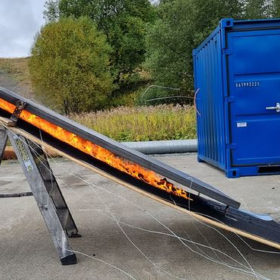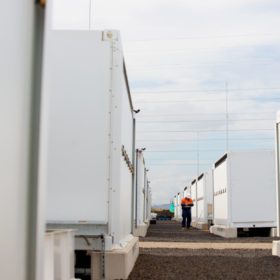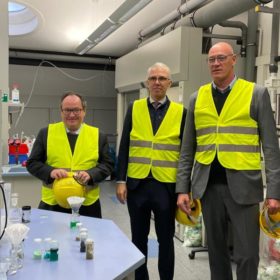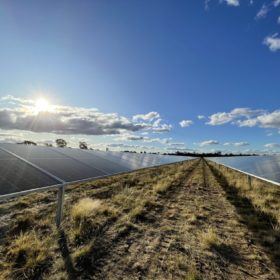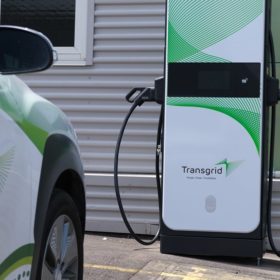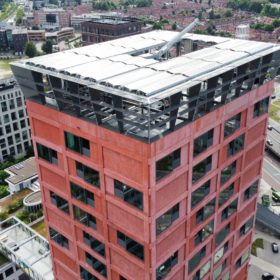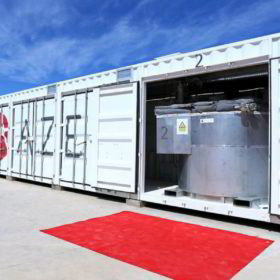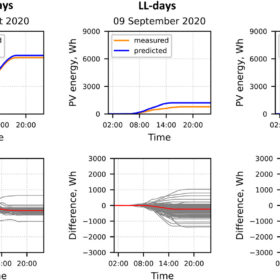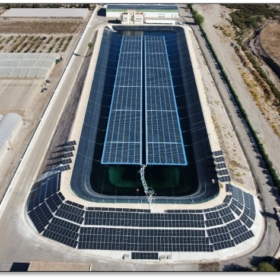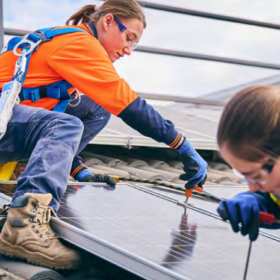PV system fires potentially exacerbated by gap between solar panels, rooftops
Norwegian researchers have published a new study showing that the space between solar panels and rooftop surfaces might play a critical role in contributing to PV system fires.
Neoen nails planning approval for 4 GWh Collie battery
French renewable energy giant Neoen has secured development approval to build a 1 GW /4 GWh big battery in Western Australia as the state government seeks to ramp up energy storage capacity to support its planned transition from coal-fired power to renewables.
Brisbane startup to build cathode material plant in Germany after securing EU funding
University of Queensland spin-off Pure Battery Technologies which has developed a greener, cheaper process for refining critical battery materials has received a $57.45 million (USD 38.5 million) loan from the European Investment Bank to build a demonstration plant in Hagen, west Germany.
PVH’s success in Australia: ‘There are no obvious choices for us’
PV Hardware has become a leading solar tracker manufacturer in Australia, a market renowned for its growth, opportunities and difficulty. Pv magazine spoke to Alejandro Cantos, director of PVH for the Asia-Pacific region.
Fast-charger to help drive Transgrid’s net-zero ambitions
As part of net-zero targets, New South Wales transmission network owner Transgrid plans to eliminate 100% of emissions from its passenger and commercial fleets by 2030 and to accelerate that strategy will trial a next-generation electric vehicle charger developed by Spanish firm Wallbox Chargers.
Rooftop system with PV panels, mini wind turbines in the Netherlands
Ibis Power has developed a rooftop system that combines solar with wind turbines designed for medium-sized structures and high-rise buildings. It claims its PowerNEST system can produce six to 10 times more energy than standalone rooftop solar. The company has already installed five projects in the Netherlands.
Molten aluminium storage startup enters Australian market, apparently
In a decidedly confusing announcement, Swedish molten aluminium storage startup Azelio says it has secured a conditional order from relatively unknown Australian company MPG Built. Azelio says the order will see it provide “energy-as-a-service” using five of its TES.POD storage units combined with solar power.
How variable is rooftop solar power?
A research group has developed a new methodology that shows PV systems located in the same area could have similar distributions of power ramps. Their three-step method could be used for the dimensioning of rooftop arrays and the scheduling of daily operations.
Floating PV for water pumping, desalination
An irrigation community has built a 786 kW floating solar array on a small water reservoir in Murcia, Spain. The facility will provide power for a solar water pumping system, a desalination unit, and the community itself.
Neoen signs connection agreement for Goyder South project
Renewable energy developer Neoen has inked a connection agreement with network operator ElectraNet which will allow for the first stage of its $3 billion (USD 2 billion) Goyder South project to connect to the grid in South Australia, paving the way for future wind, solar and battery storage opportunities at the site.
